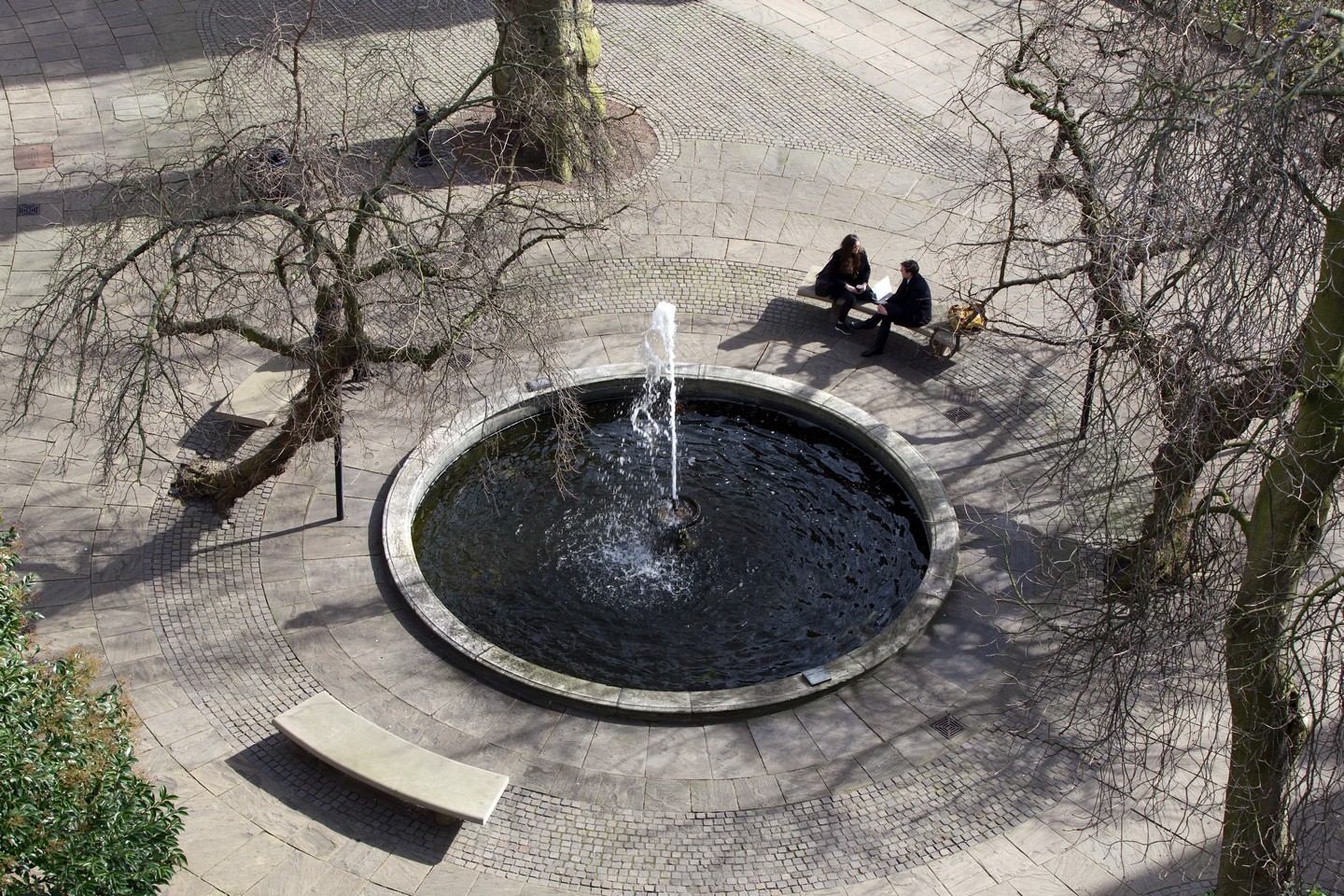
On Thursday 31 May 2018, the Cayman Islands’ Chief Justice Anthony Smellie Q.C. handed down judgment in Ahmad Hamad Algosaibi Brothers v Saad Investments Company Limited, dismissing all of AHAB’s claims. His judgment (over 1,300 pages long) brings to an end the trial phase of this long-running litigation.
Bridget Lucas Q.C. and James Hart (along with Harriet Fear Davies of Devereux Chambers) represented the AwalCos, one of three groups of successful Defendants. The team was initially led by former member of Chambers, Marcus Smith Q.C. until his appointment to the High Court Bench. Bridget then stepped up to lead the case for the last 7 months of the trial.
After AHAB collapsed in 2009 owing US$9.2 billion to domestic and international banks, AHAB commenced proceedings against Maan Al Sanea and various Cayman Islands corporate Defendants. AHAB alleged that its bank borrowing was unauthorised. AHAB’s claims were for alleged fraudulent breaches of fiduciary duty committed by Al Sanea, and restitution, damages and compensation from the Defendants on the basis of their conspiracy, knowing assistance in the alleged fraud, and knowing receipt of its proceeds. AHAB alleged that it could trace its funds into the hands of the Defendants.
Dismissing all of AHAB’s claims, the Chief Justice found that from near the time of the establishment of the Money Exchange (a division of AHAB) until its collapse, falsified financial statements for the Money Exchange were provided to banks in order to secure ever increasing borrowing (at least US$126 billion by the Money Exchange and other AHAB entities resulting in over US$300bn of cash flows through the Money Exchange) and that had been done with the knowledge and authority of the AHAB Partners.
Having heard detailed forensic accounting evidence, the Chief Justice also concluded that AHAB had failed to establish the necessary transactional links between the Money Exchange and the funds held by the Defendants. Its tracing claims failed, and each of AHAB’s claims in dishonest assistance, conspiracy and unjust enrichment therefore also failed.
Even if AHAB had established the transactions were unauthorised and had proved the necessary transactional links the Chief Justice found that AHAB’s own involvement in the fraud on the banks would have entitled the Defendants to succeed on the basis of illegality.
The scale of the trial was unprecedented for the jurisdiction. It lasted over 12 months, occupied 129 days of Court time and was the longest and highest value fraud case to be tried in the Cayman Islands. It involved a discovery exercise of millions of documents; cross-examination of AHAB’s witnesses via video link through Arabic translators; and the use of sophisticated electronic trial systems.
An Executive Summary of the Judgment is here.




